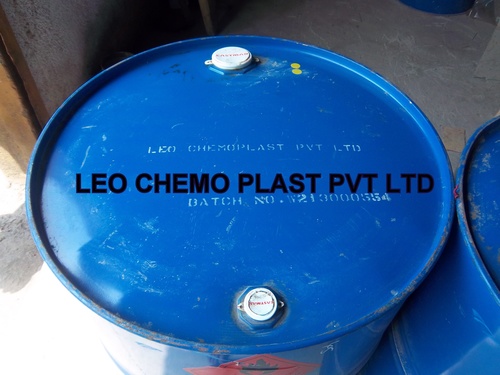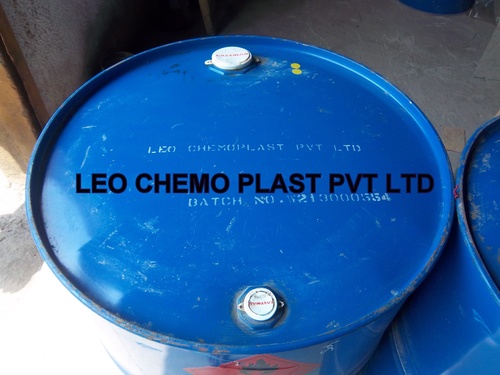N-Butyric acid
About N-Butyric acid
Butyric acid (from Ancient Greek: meaning "butter"), also known under the systematic name butanoic acid,[5] is a carboxylic acid with the structural formula CH3CH2CH2-COOH. Salts and esters of butyric acid are known as butyrates or butanoates. Butyric acid is found in animal fat and plant oils,[5] bovine milk, breast milk,[8] butter, parmesan cheese, and as a product of anaerobic fermentation (including in the colon and as body odor).[5][9] Butyric acid has a taste somewhat like butter and an unpleasant odor.[5] Mammals with good scent detection abilities, such as dogs, can detect it at 10 parts per billion, whereas humans can only detect it in concentrations above 10 parts per million. In food manufacturing, it is used as a flavoring agent.
Butyric acid is a biologically active compound in humans.[10] Butyric acid is one of two primary endogenous agonists of human hydroxycarboxylic acid receptor 2 (HCA2), a Gi/o-coupled G protein-coupled receptor.


Price:
- 50
- 100
- 200
- 250
- 500
- 1000+
More Products in Organic Solvents Category
Toluene diisocyanate
Shelf Life : 12 Months
CAS No : 584849
Purity(%) : 99%
Appearance : Clear to pale yellow liquid
Storage Instructions : Keep in tightly closed containers; store in a cool, dry, wellventilated area away from moisture and heat
Density : 1.22 Gram per cubic centimeter(g/cm3)
N-Methyl-2-pyrrolidone
Shelf Life : 24 months when properly stored.
CAS No : 872504
Purity(%) : 99.5% min
Appearance : Clear, colorless to pale yellow liquid
Storage Instructions : Store in cool, dry, wellventilated place, away from heat and sources of ignition. Seal container tightly after use.
Density : 1.028 Gram per cubic centimeter(g/cm3)
Methyl acrylate
Shelf Life : 12 months (in original sealed container)
CAS No : 96333
Purity(%) : 99% Min.
Appearance : Clear, colorless liquid
Storage Instructions : Store in tightly sealed containers in a cool, dry, wellventilated area away from sources of ignition
Density : 0.954 Gram per cubic centimeter(g/cm3)
Naphthalene Crude
Shelf Life : 24 Months
CAS No : 91203
Purity(%) : 78%
Appearance : White to light brown crystalline solid
Storage Instructions : Store in a cool, dry, and wellventilated area away from ignition sources
Density : 1.14 Gram per cubic centimeter(g/cm3)

 Send Inquiry
Send Inquiry






 Send Inquiry
Send Inquiry Send SMS
Send SMS